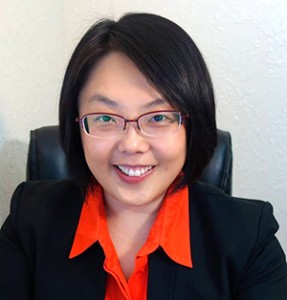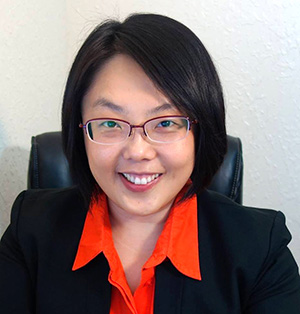
School of Public Health doctoral student Peiyin Hung has received the 2017 Student Achievement Award from the National Rural Health Association and John Snow Incorporated. The award, recognizing extraordinary student-initiated activity within the field of rural health, will be presented to Hung on May 11, 2017, at the National Rural Health Association Annual Meeting in San Diego, California.
“This award is the result of my passion and love for rural health research, and most importantly, the group of amazing people around me: my mentors — faculty members Ira Moscovice, Katy Kozhimannil, and Michelle Casey — and my colleagues — Alex McEllistrem-Evenson and Carrie Henning-Smith — among others in the UMN family,” says Hung.
Throughout her doctoral education, Hung has worked in the University of Minnesota’s Rural Health Research Center (RHRC).
“Peiyin has devoted her studies to finding ways to improve the lives of rural populations and she is committed to pursuing an academic career in rural health research and policy,” says Professor Ira Moscovice, who nominated Hung for the award and is director of the RHRC.
Hung’s research centers on analyzing health policies related to geography, health care delivery and quality, and health disparities. Specifically, she studies the effects of rural health policies, pay for performance programs, and obstetric care policies on quality, access, and welfare of patients. Her dissertation examines women’s health care access in rural areas, exploring the predictors and effects of hospital and obstetric unit closure on maternal care outcomes. Hung’s emerging findings document that the most vulnerable communities — including hospitals in isolated rural areas — are at higher risk of losing their obstetric units.
“My interest in rural health disparities originated from my childhood in Taiwan,” says Hung, whose grandmother, a lifelong rural resident, had to relocate to a large urban hospital for health care. “Before my grandmother passed away in a large, impersonal medical center, she told me, ’You have to be highly educated to be seen.’ I want to change that.”
After Hung graduates, she aims to form a multi-national research program in an academic setting to advance health and health care for all across geographic and socioeconomic boundaries.

